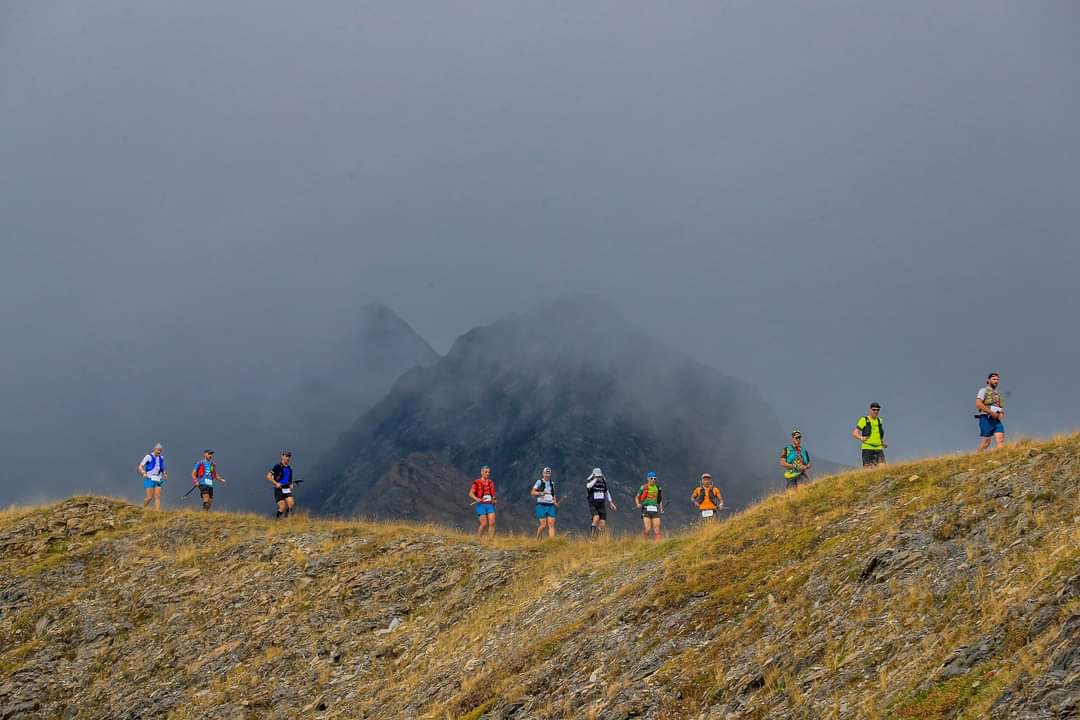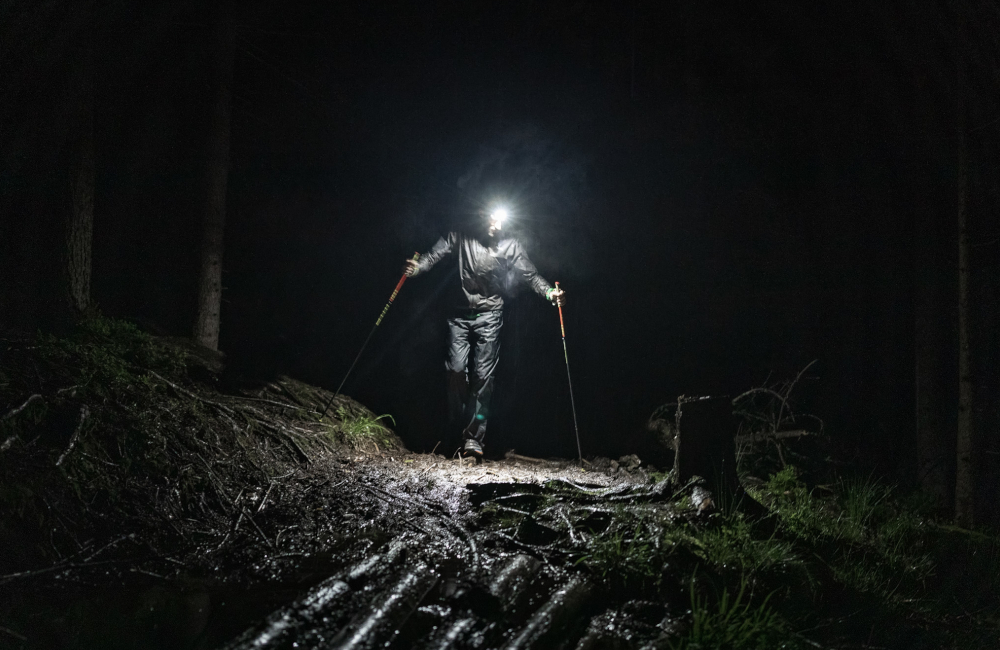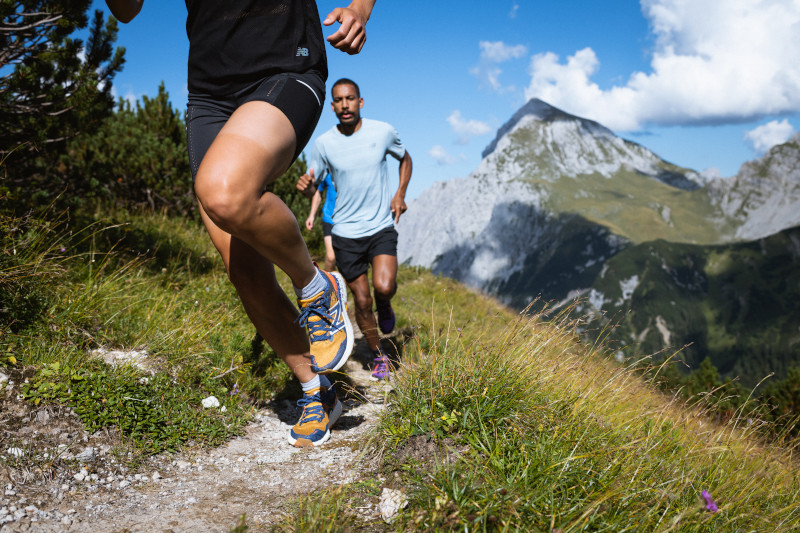How much sleep do you need to recover after an ultra? Research results from UTMB

Ultra running involves a lot of physical and mental effort, not only during the competition but also after its completion. How long does regeneration take? How many days does it take to “sleep off” after an ultra run that involves a lack of sleep? Even though ultra running is booming, it is a competition that has not been explored by scientists in many areas. However, the first study has appeared that describes their impact on sleep and regeneration after the race. The study participants were runners participating in the UTMB.
W 2022 r. w Journal of Science in Sport and Exercise published tests titled “Sleep and subjective recovery in amateur trail runners after the Ultra-Trail du Mont-Blanc (UTMB)”*. The study aimed to analyze sleep and regeneration parameters in amateur trail runners after completing UTMB. It is a mountain run with a distance of 171 kilometers and almost 10,000 m of elevation. Runners complete a loop around the Mont Blanc massif, traversing mountains in France, Italy, and Switzerland. These competitions take most participants between 20 and 46 hours to complete.
Details of the study
The study took place during UTMB in 2019 and involved 19 participants, including six in the 23-39 age group, eight in the 40-49 age group, and five in the 50-59 age group. The runners – 10 days before, 10 days after, and during the race – wore an actigraph on their wrist for three weeks, enabling constant monitoring of their sleep-wake cycle. This device measures sleep patterns, circadian rhythm, activity levels, and overall movement. As the authors of the study point out: “The main objectives were: (1) to describe sleep parameters during the nights following ultra competitions in amateur mountain runners, (2) to assess the kinetics of recovery, and (3) to assess the relationship between sleep parameters and recovery.”

After collecting the data, the researchers analyzed:
- total sleep time;
- waking up after falling asleep;
- number of awakenings;
- sleep fragmentation.
During the race, participants were asked at seven checkpoints how much they slept during the competition, including the location and duration of the naps. Participants completed questionnaires on sleep quality, stress levels, fatigue, and muscle soreness to assess well-being and recovery. The questionnaire was completed twice before and daily for ten days after the race.
Results and conclusions from the study
“The lack of sleep during UTMB was significant.” – explained the authors. The study showed that lack of sleep was a significant problem during the competition. The authors emphasize that the most important thing is to realize that the combination of lack of sleep and demanding jobs took a heavy toll on the athletes’ physical and mental well-being for a few days after the competition.
“Participants they needed six days to recover after UTMB.” – explains the authors. “Although post-race sleep time did not increase, the second night was more fragmented, probably due to muscle soreness”. Interestingly, the study did not show a significant increase in sleep time or improvement in sleep quality immediately after the competition, so the runners did not “make up” for the sleep lost during the competition.
Importantly, the study also shows that “younger runners seemed to recover faster than older runners.” Age played a key role in subjective feelings of regeneration. Younger runners showed faster recovery rates than older runners. This confirms the importance of age in regeneration processes.
Although the study focused on UTMB, its conclusions apply to participation in other running events that involve a lack of sleep. Although the study group was not very large, the conclusions drawn from the study may be a valuable lesson for runners, coaches, and physiotherapists themselves. The most important conclusion that comes from this study, confirming what is constantly emphasized and yet downplayed by many athletes, is that adequate sleep is crucial for athletes’ regeneration, especially in the days following extreme exercise. And the older we are, the more sleep plays a role in the regeneration process.

Sources:
1. Baron, P., Hermand, É., Elsworth-Edelsten, C. et al. Sleep and Subjective Recovery in Amateur Trail Runners After the Ultra-Trail du Mont Blanc® (UTMB®). J. of SCI. IN SPORT AND EXERCISE 5123–129 (2023).
2. How Much Sleep Do You Need to Recover from an Ultramarathon?
